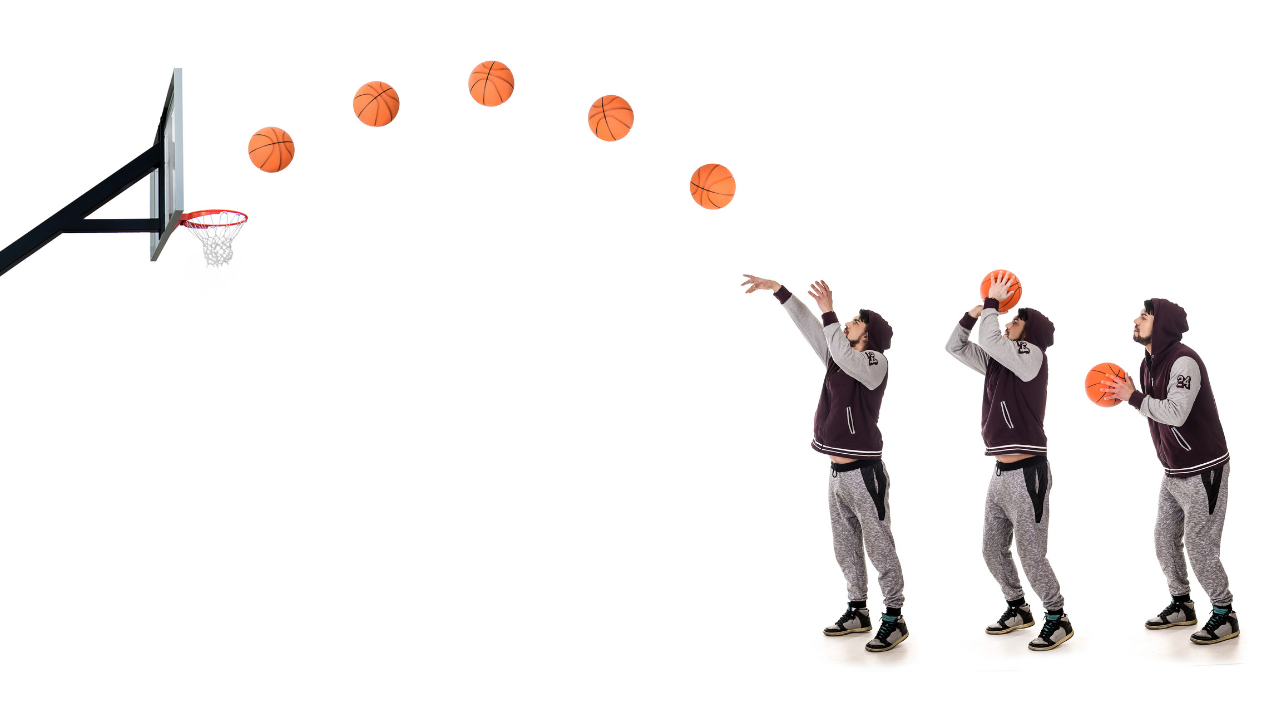Develop Autonomous Sports Skills to Stay Injury Free
Apr 25, 2013
When standing on the free throw line preparing to make the game winning basket you don't want to spend your mental energy on the mechanics of throwing a basketball. The same is true for paying attention to your pedal stroke during a 100 mile road bike tour. In these situations you want to have your mind free of technical details and focus on the moment.
Cluttering your mind with the specifics of sports skills in a high pressure situation is distracting and can bring about injury. Concentrating on how to shift your bicycle instead of the obstacles in the trail can easily send you down a steep slope. Your brain needs to be free of excess thoughts so you are ready to react. I often tell my clients that the race is not the time to be practicing technique, this should already be ingrained and automatic.
Fitts and Posner, psychology researchers, proposed a Model for Motor Skill Development consisting of three phases.
The Cognitive Phase
First, is the short cognitive phase in which instructions are comprehended and practice strategies developed. This is the time when the movement is broken down into component parts. When teaching classic style cross-country skiing I'll start with body position, balance on the skis, leg movement, arm swing and finally kick and glide. Each piece is practiced separately. Demonstrations of the techniques allow students to develop mental pictures to mimic. High mental effort is used during this phase of learning.
Associative Phase
Next is the associative phase, where the movement components begin to be linked together. In skiing I'll have students connect body position, balance and glide for example. The associative phase is the time for more complex drills. Students refine their approach based on internal and external feedback of what produced the desired result - not falling and attaining glide - and what did not. Even if you are an advanced athlete you will benefit by spending time refreshing and refining your skills. Sports skill is never truly mastered and can always be improved. The off season or early season is the best time for this practice and the practice has to be perfect.
Autonomous Phase
Last, is the autonomous phase. During this stage the movement becomes more efficient and faster with less need for mental processing. This is the goal, automatic movement that does not require thought, allowing more energy and concentration for other tasks. Instead of focusing on the mechanics of a tennis serve you can focus on where to put the ball on the opponents side of the court. Some of my worst gymnastics memories were going to a competitive meet still in the early associative phase of skill development on my tricks. Being nervous, having to think about how to do a skill while under the pressure of being judged is a recipe for disaster.
Reference: 1967 - FITTS, P.M. and POSNER, M.I. Human performance. Oxford, England: Brooks and Cole
Stay connected with news and updates!
Join our mailing list to receive the latest news and updates from me.
Don't worry, your information will not be shared.
We hate SPAM. We will never sell your information, for any reason.

